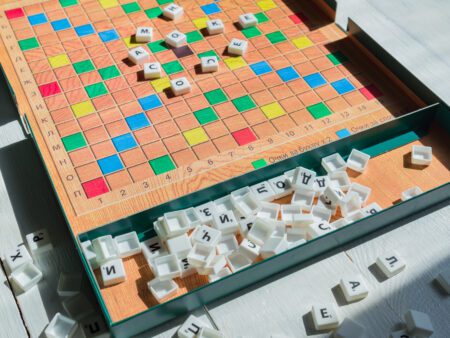An in-depth look into the psychological and scientific factors that make slot machines so addictive. Understand the dynamics of slot machine addiction to make informed gambling decisions.
The Science Behind Slot Machine Addiction
The blink of lights, the anticipation of a big win, the thrill of every spin–there’s something undeniably enticing about the slot machine. But for some gamblers, the attraction becomes an elusive and often destructive addiction. So what makes slot machines so addictive? Let’s explore the science behind slot machine addiction.
The Psychology of Random Rewards
The core psychology that underpins slot machine addiction is tied to the principle of ‘Random Ratio of Reinforcement’. This psychological concept states that rewards given out at unpredictable intervals lead to more persistent behavior. In a casino context, the unpredictability of the payouts keeps players continuously playing the slot machines in hopes of hitting the jackpot.
The Power of Near-Misses
Another factor that amps up the addictive nature of slot machines is the ‘near-miss’ effect. A near-miss happens when the gambler comes close to winning but doesn’t quite make it–say, two cherries and one apple on a three-reel slot machine. Research shows that near-misses stimulate areas in our brain related to reward processing, encouraging people to try again in hopes of hitting the jackpot.
The Illusion of Control
Slot machines create an illusion of control that can fool players into thinking they have a genuine effect on the outcome of the game. This false impression can stem from the knowledge of game rules, the ability to decide when to spin the reel, or even the physical act of pulling the lever. This illusion can heighten the excitement of the gameplay and entice players to keep spinning, even when they’re on a losing streak.
Deconstructing the Trance State
It’s not uncommon to see gamblers become so engrossed in slot machines that they lose track of time and their surrounding environment. This phenomenon is often referred to as entering a ‘trance state’ or ‘the zone’. Studies suggest this kind of absorption occurs when players become immersed in the game, forgetting their worries and focusing solely on the reels and their potential prizes.
The Role of Sound and Visual Effects
Have you ever wondered why slot machines have such catchy tunes or blinding lights? These are not mere aesthetics but strategic aspects of the game designed to maintain the player’s attention and keep them spinning. From the triumphant tunes accompanying wins to the dazzling graphics, these sensory cues can trigger urges within players, compelling them to continue gambling even when they’re losing.
The Impact of High-Speed Play
Slot machines are designed to be played at a rapid pace. As soon as a round ends, a player can immediately begin the next. This high-speed play can lead to players losing sight of their losses, as the time between potential wins and losses is significantly shortened. Rapid play, coupled with losses disguised as wins, where sounds and visuals celebrate a return that’s less than the wager, add to the addictive potential of slot machines.
It’s not all doom and gloom, though. Understanding the addictive elements of slot machines can arm players with the knowledge to keep their play within healthy limits. And while brick-and-mortar casinos hold their charm, the future of the casino industry seems to be heading towards mobile casino apps. These platforms not only provide a more controlled environment but also offer a variety of tools and features to help gamblers monitor and moderate their betting habits.
In Conclusion…
The science behind slot machine addiction is complex, multifaceted, and incredibly intriguing. It draws from psychology, sound, and visual design to keep players engaged and parting with their cash. But knowing these underlying tricks can help you stay informed and make smarter decisions when playing.
Keep exploring our collection of educational materials to continue learning more about the casino industry and perfect your gameplay. Armed with knowledge, you coin your gameplay experience not just on luck, but strategy and information too!










